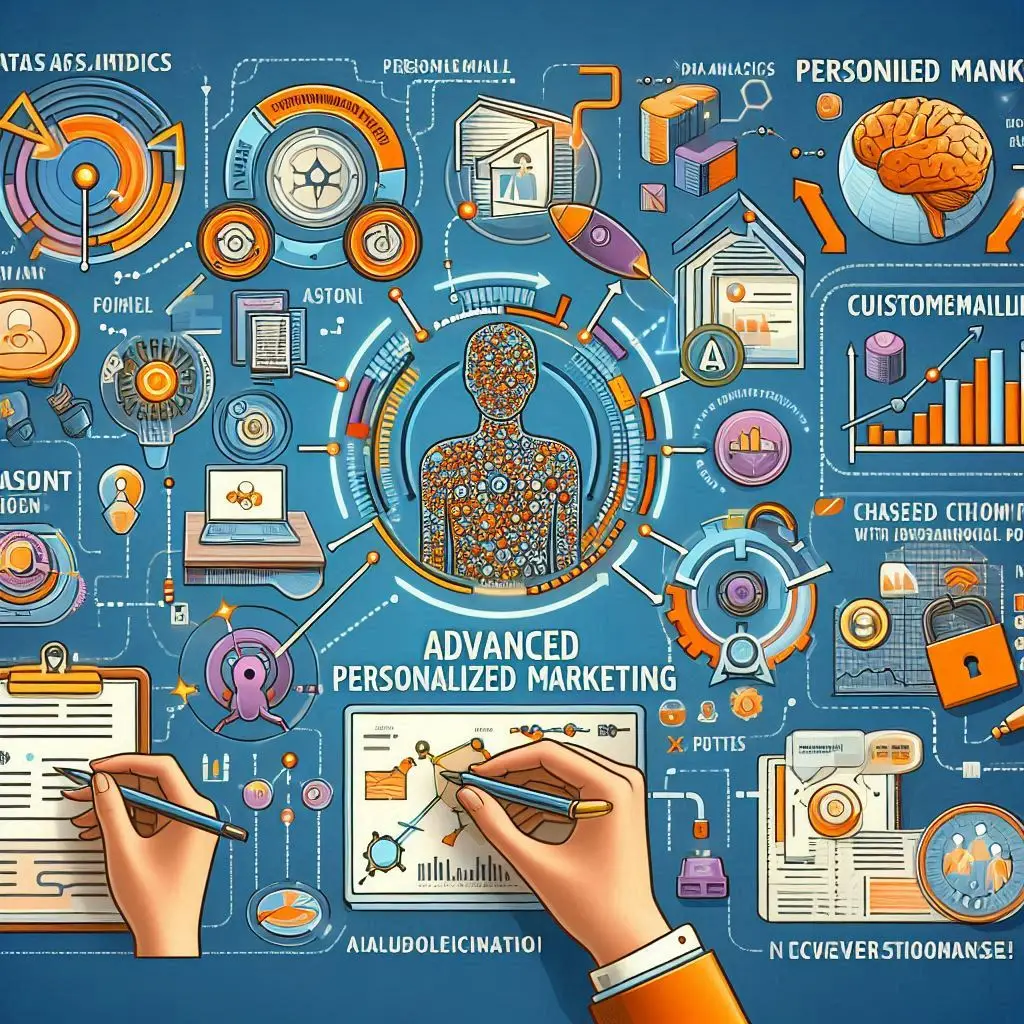

The most effective approach to personalized marketing is at every stage of the customer’s journey. Right from the time of building awareness of the product to the post purchase stage, there is always a possibility of changing the customer’s mind through personalized communication. The following are key moments to focus on:
Personalization of the marketing process is done through an understanding of the target market and its behavior based on the data collected. Employ Google Analytics, CRM systems or social media insights to gather relevant data regarding the target audience. Key metrics to track include:
For more detailed information, look at Google Analytics.
Segmentation is necessary to provide uniquely relevant information or materials to the customers. Organize the total consumers into different groups based on their similarities in terms of attributes and actions. Standard segmentation criteria include:
Develop messages that are tailored to each of the segments you are targeting. Take time to understand their needs, the type of messages they are likely to respond to, the visuals they are likely to engage with, and the offers that appeal to them. Personalized content can include:
Marketing automation tools allow you to use personalized marketing more effectively and at a larger scale. With automation, you can:
Artificial Intelligence (AI) and Machine Learning (ML) can be used to their full potential to enhance your personalized marketing. These technologies help in:
Personalized marketing can be applied across various channels to create a cohesive and engaging customer experience. Personalized marketing can be applied across multiple channels to create a coherent and engaging customer experience: